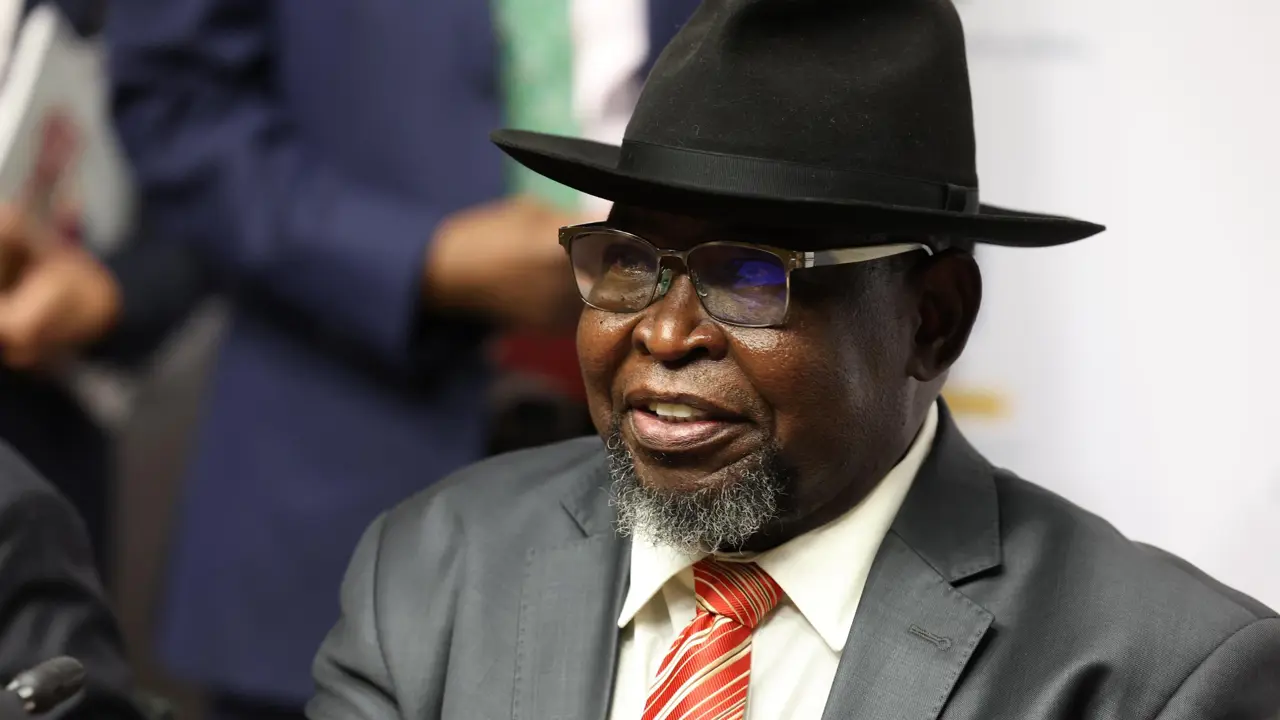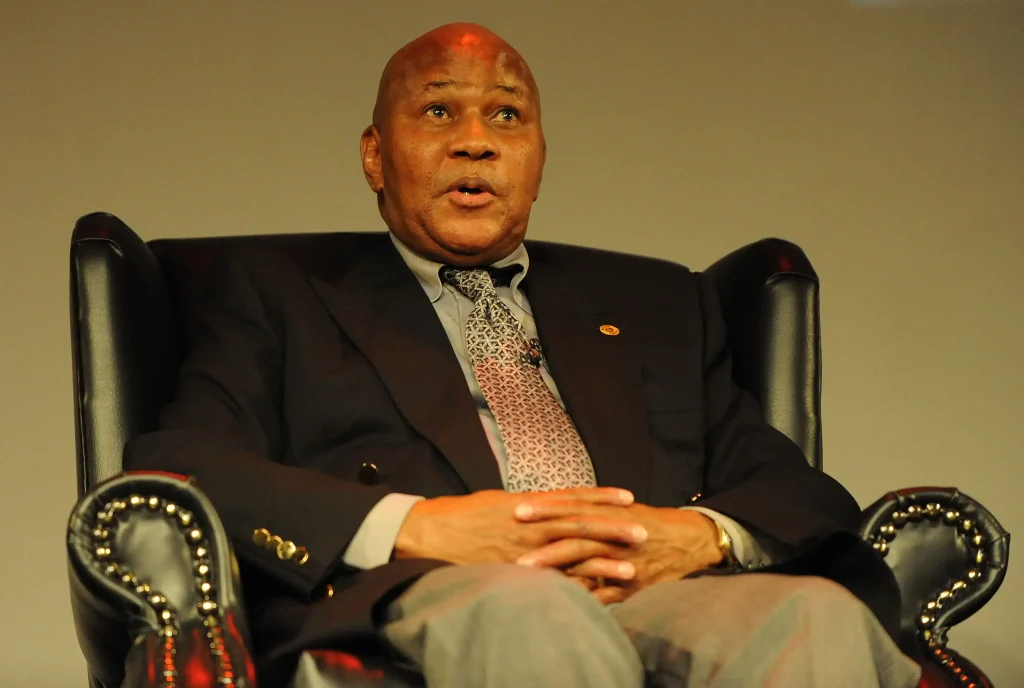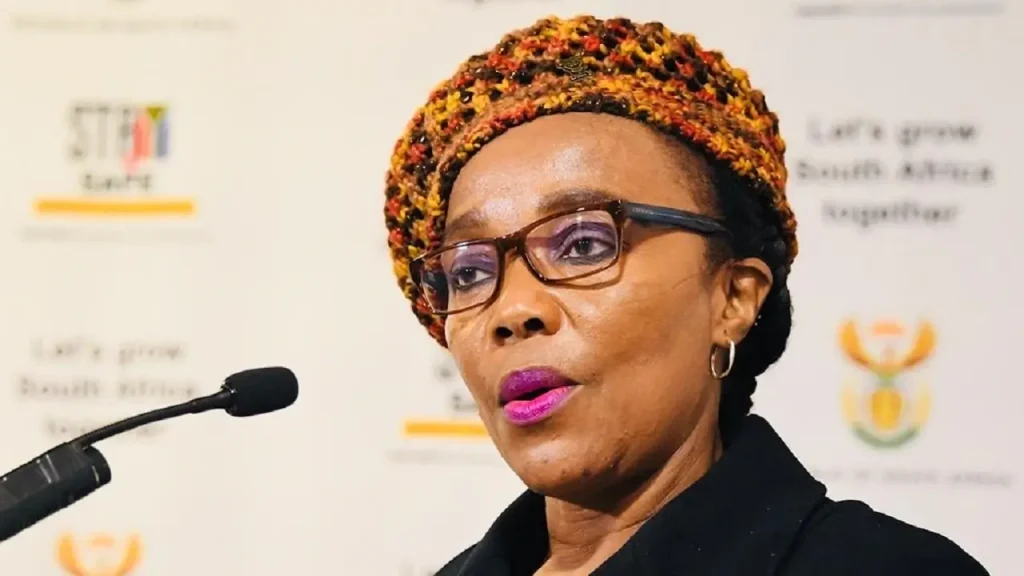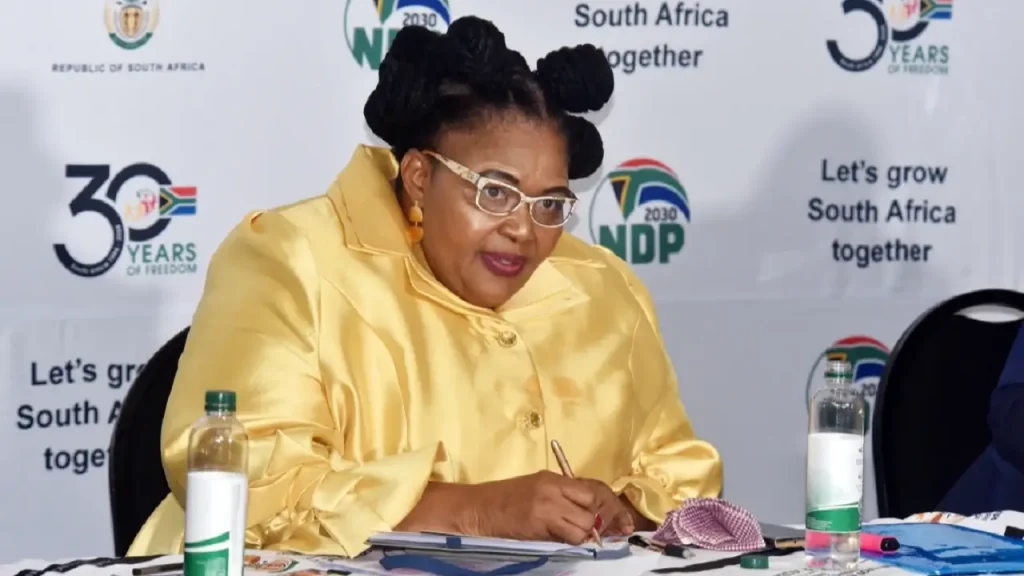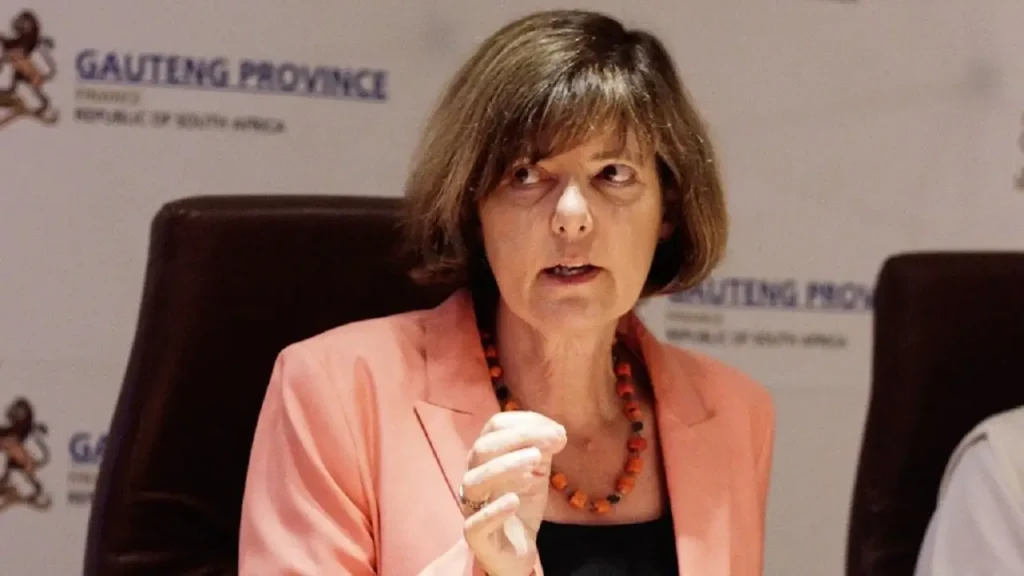Enoch Godongwana, born on June 9, 1957, in the Eastern Cape, has carved a significant path through South African politics. From a trade unionist to the country’s Finance Minister, Godongwana’s career is one marked by leadership, controversy, and economic reform. Here are 21 facts about him, each shedding light on his journey to political prominence and his influence on South Africa’s economic policies.
1. Early Life and Education
Godongwana was born in Cala, Eastern Cape, and attended St John’s College in Mthatha. His educational journey culminated in an MSc in Financial Economics from the University of London in 1998, a solid foundation for his future career in economics and finance.
2. Trade Union Beginnings
Godongwana’s political journey began in the labor movement. He joined the Metal and Allied Workers’ Union in 1979 and rose to become the National General Secretary of the National Union of Metalworkers of South Africa (Numsa) from 1993 to 1997.
3. Founding Role in Cosatu
As a member of the Congress of South African Trade Unions (Cosatu), Godongwana played a crucial role in shaping post-apartheid labor legislation, including the Labour Relations Act.
4. Eastern Cape Executive Council: 1997–2004
From 1997 to 2004, Godongwana served as the Member of the Executive Council (MEC) for Finance in the Eastern Cape. He implemented policies that helped improve government audit outcomes and curbed unnecessary spending.
5. National Executive Committee (NEC) Member
Godongwana was first elected to the ANC’s National Executive Committee (NEC) in 1997, a position he has held through successive elections, solidifying his influence within the party.
6. Deputy Provincial Chairperson of ANC Eastern Cape
In 2003, he was elected as the Deputy Provincial Chairperson of the ANC’s Eastern Cape branch, a role that showcased his growing influence within the provincial leadership.
7. Dismissal Amidst Financial Irregularities
In 2004, Premier Nosimo Balindlela controversially dismissed Godongwana from his MEC role, citing financial irregularities. The reasons behind the dismissal remain unclear to this day.
8. Legislative Hiatus and Business Ventures
After leaving provincial politics, Godongwana shifted to business and directorships, holding positions in companies such as Denel and Pan African Insurance Group. He also managed various personal business interests.
9. Return to National Politics: 2008–2012
In 2008, Godongwana returned to the National Assembly. He was appointed Deputy Minister of Public Enterprises and later Deputy Minister of Economic Development under President Jacob Zuma.
10. Resignation Amid Business Scandal
In 2012, Godongwana resigned from his ministerial position following a scandal linked to one of his business ventures, Canyon Springs. Despite the controversy, he remained a significant figure within the ANC.
11. Chairperson of Economic Transformation Subcommittee
In the years following his resignation, Godongwana remained an influential figure in the ANC as the chairperson of the subcommittee on economic transformation, shaping the party’s stance on nationalization and land reform.
12. Opposition to Land Expropriation Without Compensation
Though a prominent figure in the debate around land reform, Godongwana opposed amending the Constitution for land expropriation without compensation. He argued that a lack of political will, not constitutional barriers, hindered land reform.
13. Support for Fiscal Discipline
As Finance Minister, Godongwana has become known for his tough stance on fiscal discipline. He has repeatedly emphasized the need for fiscal consolidation to address South Africa’s economic challenges.
14. Appointment as Finance Minister
On August 5, 2021, President Cyril Ramaphosa appointed Godongwana as South Africa’s Finance Minister. His appointment was seen as a strategic move to consolidate political support across the Tripartite Alliance.
15. Focus on State-Owned Enterprises
One of Godongwana’s first actions as Finance Minister was to push for reforms in state-owned enterprises, particularly Eskom. His “tough love” approach aimed to streamline operations and reduce inefficiency.
16. Defender of National Treasury
Throughout turbulent moments in South Africa’s politics, Godongwana has been a staunch defender of the National Treasury, speaking out against political interference and advocating for sound economic policies.
17. Champion of Economic Growth
Godongwana has consistently advocated for policies that promote long-term economic growth, particularly through fiscal consolidation and tackling public debt.
18. A Member of the “Chris Hani Cabal”
Godongwana is considered a key figure within the faction of the ANC known as the “Chris Hani Cabal,” a powerful group of leaders from the Eastern Cape who were instrumental in supporting President Ramaphosa’s leadership.
19. Experience in International Finance
In addition to his domestic political roles, Godongwana has served in several international finance capacities. He has held directorships at institutions such as the Development Bank of Southern Africa and the New Development Bank.
20. Family and Personal Life
Enoch Godongwana is married to Thandiwe Godongwana, and together they have children. He is also known for his distinctive feathered homburg hats, which have become a trademark of his personal style.
21. Controversies and Allegations
Godongwana has faced allegations of sexual harassment in 2022, though these were dismissed after an investigation. He has also dealt with personal controversies, such as a drunk driving conviction in 2001, which he expressed deep regret for.

